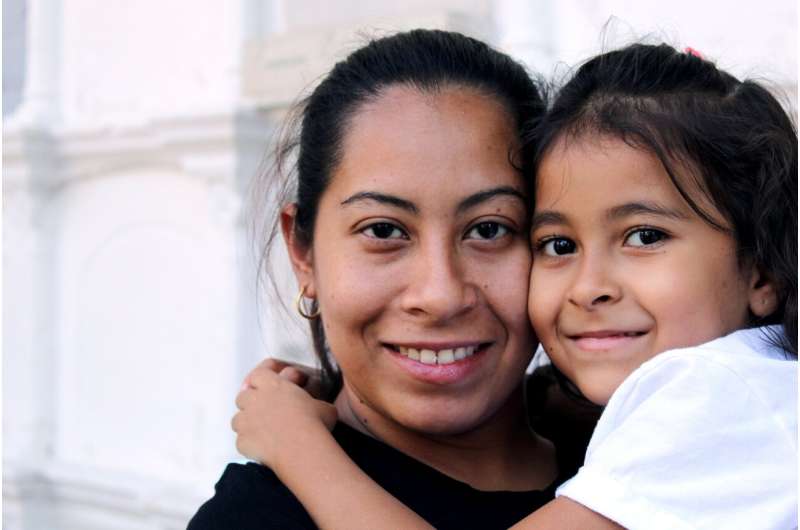Childhood Overeating as a Predictor of Future Mental Health Challenges in Girls

Early childhood overeating in girls may predict anxiety, impulsivity, and hyperactivity during adolescence. A recent study emphasizes the importance of supporting emotional well-being through balanced eating habits. Source: medicalxpress.com.
Recent research conducted by McGill University and the Douglas Research Center has highlighted a significant link between overeating during early childhood and the development of mental health issues later in life, particularly among girls. The study, which tracked more than 2,000 children in Quebec, revealed that girls who frequently overeaten from ages two to four were more prone to experiencing anxiety, impulsivity, and hyperactivity during their teenage years.
The study utilized provincial data to monitor eating habits reported by caregivers in early childhood and assessed mental health symptoms when participants reached age 15. Notably, this association was observed only in girls, with no similar correlation identified for boys. Researchers identified three main patterns of overeating among young children: approximately 60% did not show signs of overeating, about 14% started overeating early between ages two and four, and around 26% began later, around age four. Girls in the early or later overeating groups exhibited higher instances of anxiety and hyperactivity at age 15.
Interestingly, the study also examined picky eating behaviors. While about one-third of children were picky eaters in early childhood—a habit that often persisted—the research found no connection between picky eating and later mental health issues. Dr. Linda Booij from McGill emphasized that occasional overeating is normal, but frequent overeating could be an early sign of emotional difficulties. She cautioned against strict dietary control, which might worsen problems, and recommended that caregivers pay close attention to children’s emotional well-being.
The gender-specific findings may be influenced by sociocultural factors, such as increased monitoring of girls' eating habits by parents and restrictive environments that can contribute to disordered eating patterns. The research underscores that childhood eating behaviors can serve as early indicators of potential mental health challenges, highlighting the importance of a balanced and supportive approach to managing children’s eating habits.
For more details, the study titled "Trajectories of childhood eating behaviors and their association with internalizing and externalizing symptoms in adolescence" is published in BMC Pediatrics. Source: https://medicalxpress.com/news/2025-09-childhood-overeating-harbinger-mental-health.html
Stay Updated with Mia's Feed
Get the latest health & wellness insights delivered straight to your inbox.
Related Articles
Guiding Parents on How to Discuss Abuse and Body Safety with Children
Learn effective ways to discuss abuse prevention and body safety with children, empowering them to recognize inappropriate behavior, set boundaries, and seek help through age-appropriate guidance and open communication.
Parental Emotional Well-Being Crucial for Children with Growth Hormone Deficiency
A new study emphasizes the vital role of parental emotional well-being in improving health outcomes for children with growth hormone deficiency, highlighting the need for caregiver support in pediatric chronic care.
Mental Health Disparities Among American Indian and Alaska Native Groups in California
A new study reveals significant mental health disparities among American Indian and Alaska Native subgroups in California, highlighting urgent needs for culturally tailored care and systemic change.



